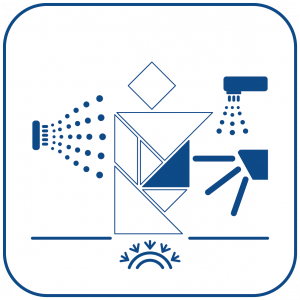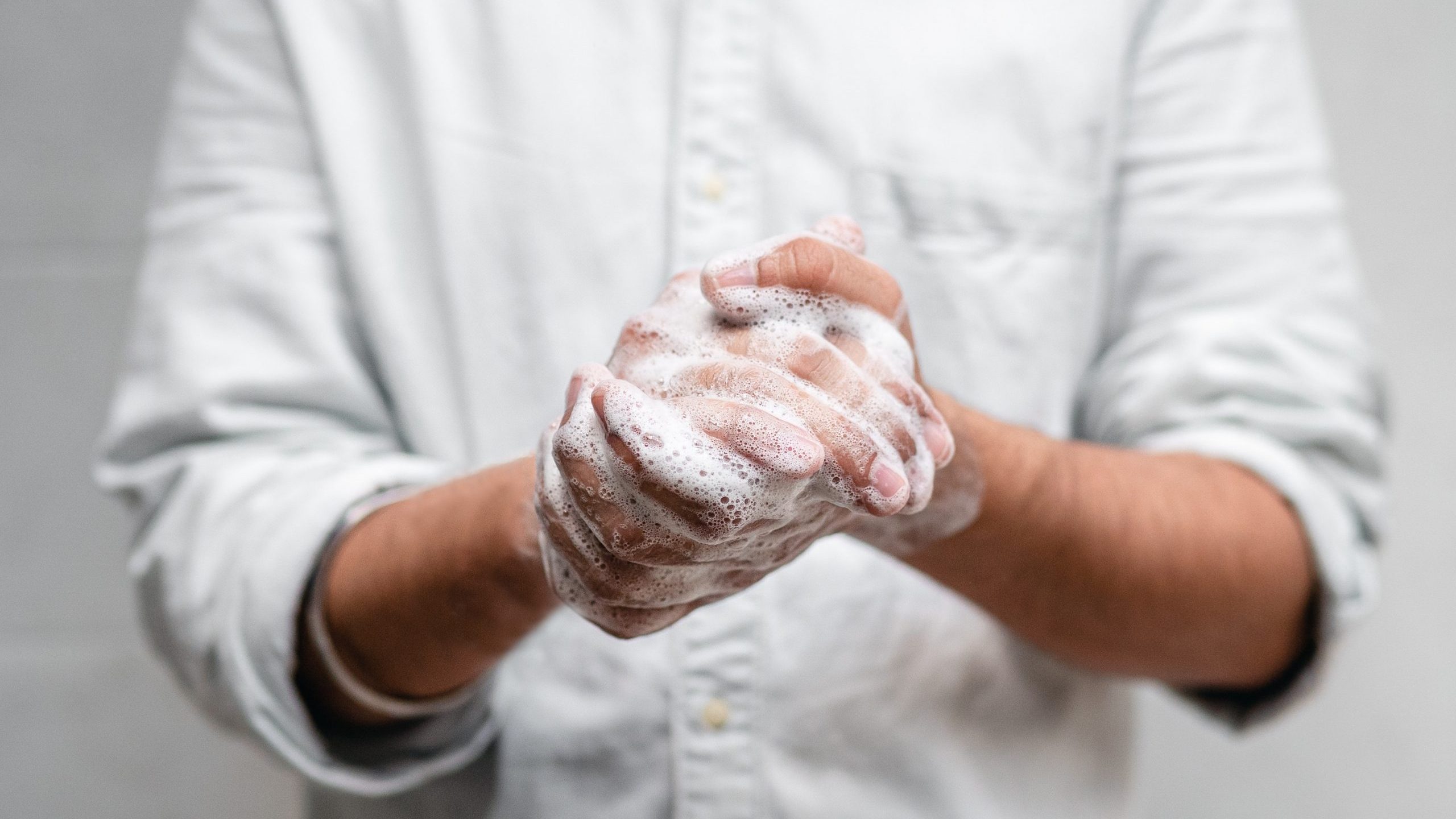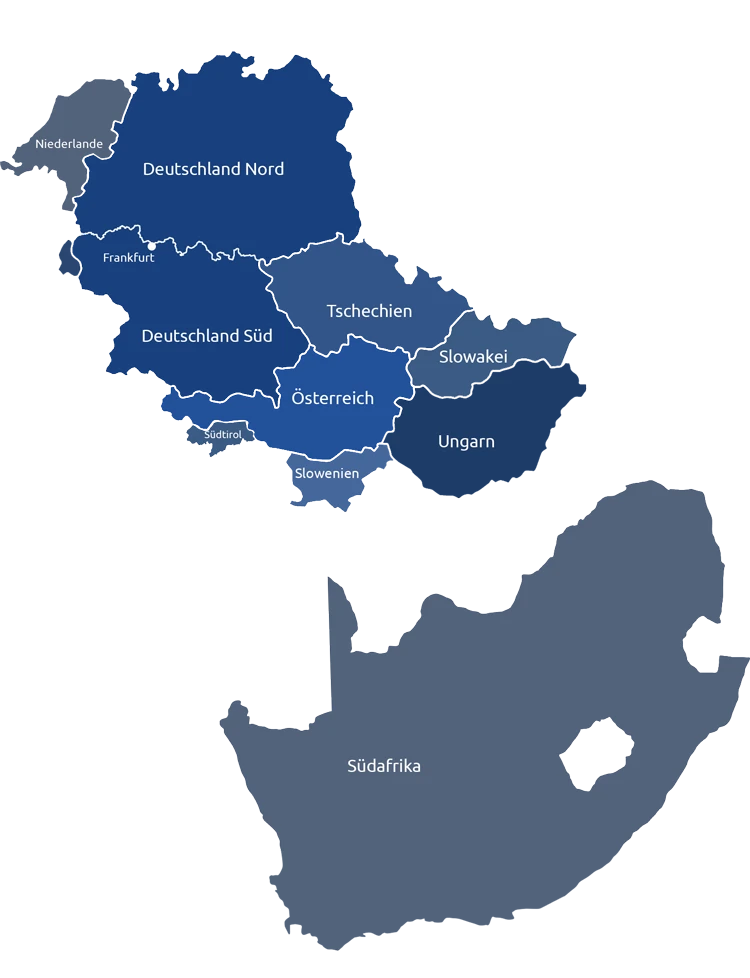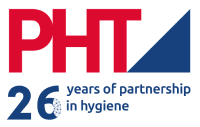Global Handwashing Day is on 15 October: Proper hand hygiene protects
Practising optimal hand hygiene can give employees and customers alike the assurance that they are helping to protect themselves against common germs. Regular handwashing is important in every industry.
In hygiene-sensitive industries, regular handwashing has long been commonplace. And since the coronavirus pandemic it has become even more common than ever, whether at home or at work. Each year, Global Handwashing Day (also simply called Handwashing Day) reminds us how important clean hands are.
15 October: The offical day for hand hygiene
Since 2008, Global Handwashing Day takes place on 15 October every year. From the outset, it was emphasised that washing your hands with soap not only removes dirt but also helps to get rid of microorganisms such as viruses and bacteria. During the coronavirus pandemic most people got into the habit of washing their hands before touching their face, especially the eyes, nose or mouth – something that was not always obvious to people. It is also important that people are aware of the importance of always having to wash their hands after using the toilet and after sneezing or coughing.
Hand hygiene 1 x 1
Global Handwashing Day reminds us that hand hygiene is exceptionally important to protect people from getting sick – whether at home or at work.
The steps for optimal handwashing are well defined:
- Wet your hands fully under running water.
- Lather well with soap. Be sure to spread the soap not only on the palms, but also on the back of your hands, your fingers and nails, and in between your fingers.
- Rub your hands together for 20–30 seconds.
- Rinse well under running water.
- Dry your hands carefully, and be sure not to forget about the areas between the fingers.
By taking handwashing serious, whether at home or at work, we all help to raise awareness about the value of adhering to good hand hygiene practice in unfamiliar times.
Hand hygiene in social spaces and hospitals
The advantages of clean hands have been long known in many situations. Indeed, in nursing homes and hospitals good hand hygiene helps to protect residents and patients. The eldery and sick, and specifically high-risk patients, are vulnerable groups, who nursing staff want to protect against infection. Although gloves are often worn to limit infection risk, washing hands is absolutely essential as part of this effort.
Similarly, doctors and staff in operating theatres have to practise excellent hand hygiene and rigorous handwashing has become a standard in modern times.
But working with clean hands is also important in many other social spaces, such as at daycare centres. Here staff not only come into contact with small children directly, but they also handle learning materials and toys, which pass through many hands during a day.
Food industry and gastronomy
Many actors in the food industry realise the value of proper hand hygiene. These include, for example, abattoirs and butcheries, where raw meat is handled, as well as industries that work with fresh milk, such as bakeries, dairies and cheese factories.
Handwashing is also particularly important in the restaurant industry. Customers must be able to trust that the space where they eat and the food they are served are free of germs. For this reason, staff clean and disinfect work spaces and tables regularly and also wash their hands often. Supervisors have to ensure that these measures are implemented by explaining the prescribed hygiene rules clearly and monitoring adherence. After all, supervisors are ulitmately responsible for the establishment’s food safety.
More about hygiene equipment in food industry

Efficient hygiene systems from PHT can help to protect you and your clients
Correct handwashing practice is essential for good hygiene. Using hygiene technology can help to ensure that:
- neither staff nor materials come into contact with disease-causing organisms
- hygiene measures are implemented quickly and safely.
The PHT group offers innovative solutions for effective handwashing and disinfection – from soap and disinfectant dispensers and electrical hand driers with germ filtering capabilities to complete hygiene stations and entry control. PHT’s hygiene solutions can be installed at either newly built or retrofitted facilities.

Talk to us; we are happy to advise you.



